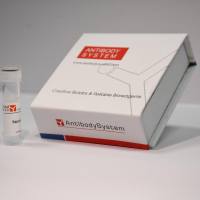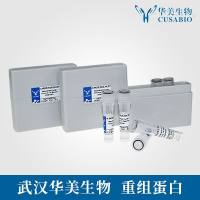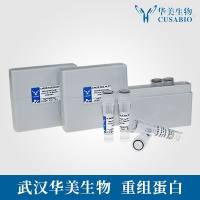Until recently, the primary method available for the production of large quantities of monoclonal antibodies (MAbs) has been growing hybridomas in syngeneic or nude mice. This has presented a number of problems. The first has been the introduction of contaminating proteins. The second has been variability in the capacity of hybridomas to elicit ascites and produce antibody. The third has been the constraint of needing to use syngeneic mice or nude mice as host animals for the production of antibody. This has been a major problem where xenogeneic hybrids have been developed to produce MAbs in other species. Alternative methodologies involving the culture of hybridomas in vitro are now becoming available. Bioreactors have been developed that permit the continuous culture of hybridomas under conditions that permit the production of MAbs at concentrations comparable to those achieved by producing ascites in mice (1 ,2 ). Of major importance, bioreactors have been developed that can be used to produce MAbs economically in quantities needed for use in small as well as large research laboratories. In the present chapter, we describe the use of a hollow-fiber bioreactor produced by Integra Biosciences (Woburn, MA) that is designed to culture up to five hybridomas simultaneously in separate cassettes. The bioreactor permits the production of MAbs in sufficient quantity for coupling to fluorochromes as well as for use in in vitro and in vivo studies. It also obviates the problems of producing MAbs in xenogeneic hybrids. (The characteristics of other bioreactor systems are reviewed in ref. 2 .)






